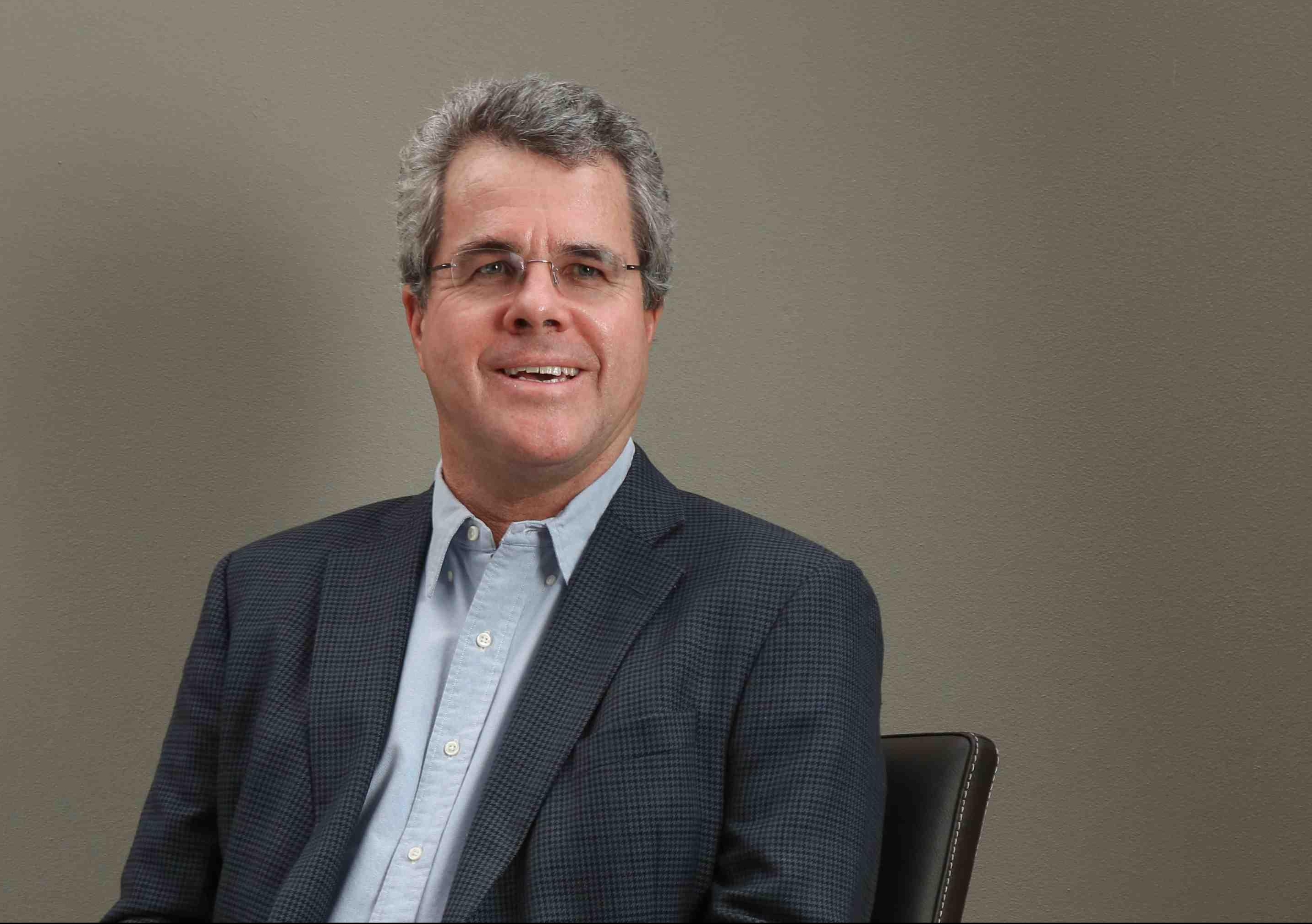Five years into the future: new Chair leads response to disruptive technologies
UNSW Scientia Professor Ross Buckley will be the inaugural Chair in Disruptive Innovation and Law, focusing on the effect of technological change in key sectors globally.

